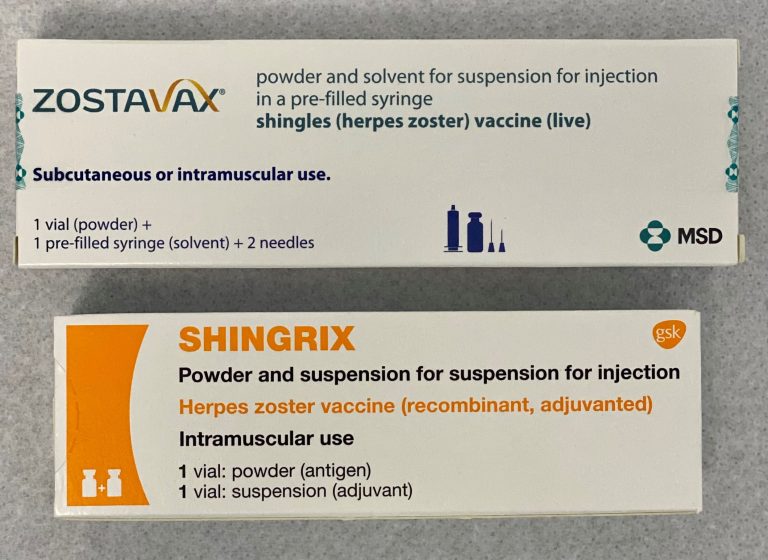GSK plc has announced that the US Food and Drug Administration (FDA) has granted Breakthrough Therapy Designation for Jemperli (dostarlimab) for the treatment of patients with locally advanced mismatch repair deficient (dMMR)/microsatellite instability-high (MSI-H) rectal cancer. The Breakthrough Therapy Designation aims to expedite the development and review of drugs with the potential to treat a serious condition and where preliminary clinical evidence may indicate substantial improvement over currently available therapy.[1] This is the second regulatory designation for dostarlimab in locally advanced dMMR/MSI-H rectal cancer, following Fast Track designation for the same patient population in January 2023.[2
· Designation based on data showing no evidence of disease in 100% of all 42 patients who completed treatment with dostarlimab
· Breakthrough Therapy Designation granted to drugs with potential to show improvement over available therapies for serious conditions
· Current standard of care can be associated with significant negative quality-of-life effects, highlighting the need for new options
Hesham Abdullah, Senior Vice President, Global Head Oncology, R&D, GSK, said: “Today’s designation, which is based on the unprecedented 100% clinical complete response rate of dostarlimab reported to date, supports a path to help change the treatment paradigm for patients with locally advanced dMMR/MSI-H rectal cancer, who face long-term adverse quality-of-life effects. Our registrational AZUR-1 trial is continuing to study dostarlimab in this patient population.”
The US FDA’s Breakthrough Therapy Designation is supported by preliminary clinical evidence from the ongoing phase II GSK supported collaborative study with Memorial Sloan Kettering Cancer Center. In frontline locally advanced dMMR rectal cancer, the trial has shown an unprecedented 100% clinical complete response (cCR) in all 42 patients who completed treatment with dostarlimab, defined as no evidence of tumours as assessed by magnetic resonance imaging, endoscopy, PET scan and digital rectal exam. In the first 24 patients evaluated, a sustained cCR with a median follow-up of 26.3 months (95% CI: 12.4-50.5) was observed. The safety and tolerability profile of dostarlimab was generally consistent with the known safety profile of the agent. No adverse events of grade 3 or higher were reported in this trial.[3] The trial continues to evaluate enrolled patients. GSK’s ongoing phase II registrational AZUR-1 trial in locally advanced dMMR/MSI-H rectal cancer aims to confirm the findings of this supported collaborative study.
The current standard of care for patients with dMMR/MSI-H locally advanced rectal cancer is initial treatment with chemotherapy plus radiation followed by surgery to remove the tumour along with portions of the intestine and/or surrounding tissue.[4] This results in initial positive outcomes for most patients, but nearly one-third ultimately die from cancer that has spread to other parts of the body (distant metastasis).[5] Additionally, the surgery and chemoradiotherapy associated with standard of care can lead to long-term negative impact on quality-of-life, including bowel, urinary and sexual dysfunction, secondary cancers and infertility.2
Dostarlimab is not approved anywhere in the world for the frontline treatment of locally advanced dMMR/MSI-H rectal cancer.
Jemperli, a programmed death receptor-1 (PD-1)-blocking antibody, is the backbone of GSK’s ongoing immuno-oncology-based research and development programme. A robust clinical trial programme includes studies of Jemperli alone and in combination with other therapies in gynaecologic, colorectal and lung cancers, as well as where there are opportunities for transformational outcomes.









































